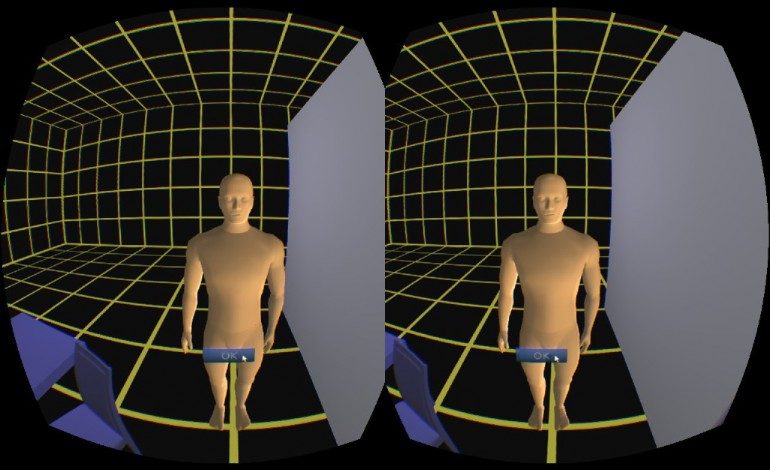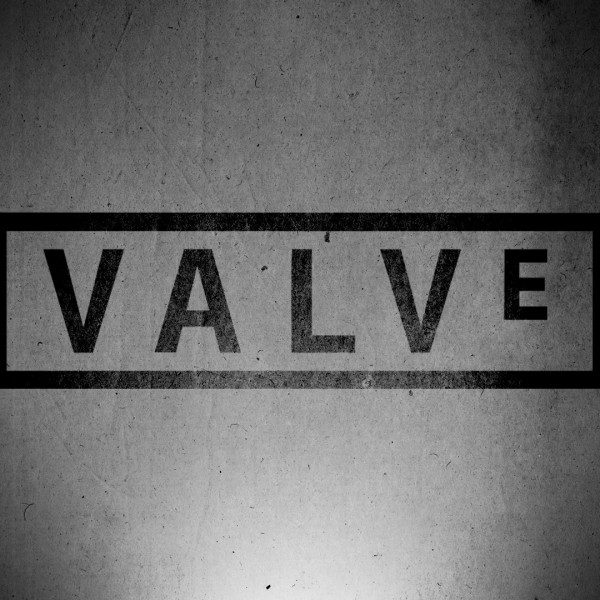

Valve are set the join the ranks of Oculus VR, Sony, and Samsung with its own virtual reality hardware at the upcoming Game Developer’s Conference.
The news comes in spite of previous announcements by the company that they had no intention to develop VR hardware of their own. The company had previously contributed to the development of the Oculus Rift, and very recently added support for the Rift on Steam in the form of SteamVR.
Valve will now be adding a hardware component to SteamVR, which presumably will be a headset similar to the Oculus Rift and Sony’s Project Morpheus. They are also, according to this announcement, taking requests for hands on demonstrations:
With the introduction of SteamVR hardware, Valve is actively seeking VR content creators. Are you a developer or publisher interested in experiencing the new SteamVR hardware? We’ll be giving scheduled VR demos during the week of GDC, March 4th-6th, 2015, at Moscone Center in San Francisco.
In addition to this, Valve will also be showing off its other hardware endeavors, such as their Steam Machines and the Steam Controllers that would go with them. The Steam Machine, in case you’ve only just climbed out from underneath your rock, is Valve’s version of a gaming console that will run on Steam OS and will essentially be a PC for the living room.
In other VR News, Oculus VR’s founder Palmer Luckey announced that his company will not be showing off new VR input solutions at GDC. “Input solutions” essentially means a way of interacting with a virtual reality world using more natural means instead of a keyboard or controller.
In Oculus’s case, the company recently acquired Nimble VR, a studio that specializes in integrating hand tracking with VR.
In a statement on Reddit, Luckey wrote:
VR input is hard – in some ways, tracking hands well enough to maintain a sense of proprioceptive presence is even more technically challenging than getting perfect head tracking.
We will show something if and when we get it working well, but we have to avoid showing off prototypes that are not on a clear path to being shipped at the same or higher quality level. Throwing together very expensive or impossible to manufacture prototypes for internal R&D is one thing, using them to publicly set expectations around the near future is another.
Luckey concluded that he didn’t want Oculus to suffer the fate of countless other figures who promised great things for their technological ventures, only to let everyone down spectacularly.
Play games, take surveys and take advantage of special offers to help support mxdwn.
Every dollar helps keep the content you love coming every single day.

